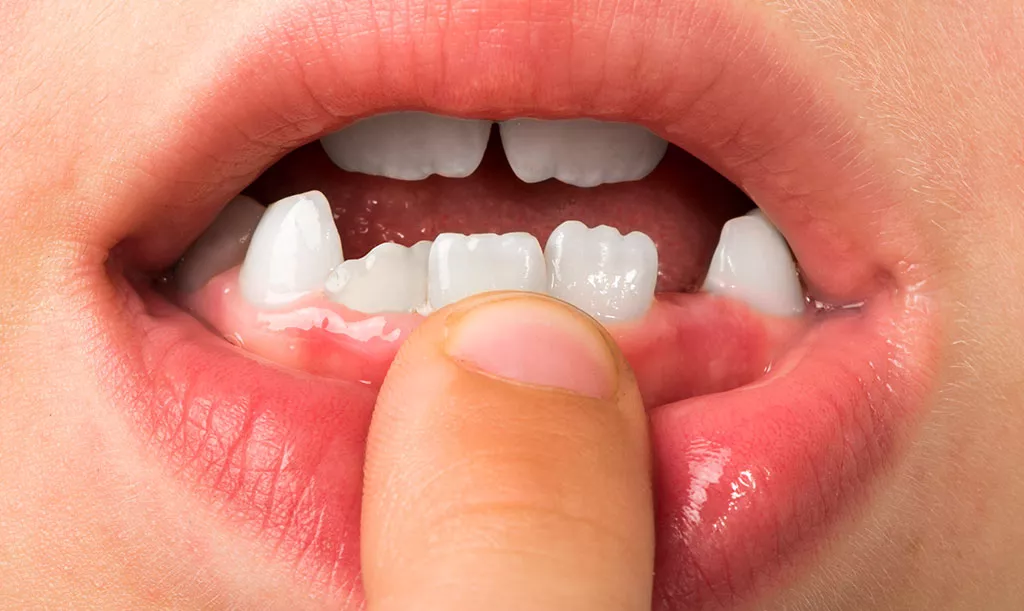A Maryland bridge is a minimally invasive prosthetic solution for replacing a single missing tooth, especially in the front teeth. It is anchored by wings bonded to the backs of adjacent teeth, offering a natural and aesthetic appearance. Many patients often ask about its durability, lifespan, and maintenance.
1. Durability and Lifespan of a Maryland Bridge
The longevity of a Maryland bridge depends on the materials used, bonding technique, and the patient’s oral habits.
- Average lifespan: 5–10 years
- Material differences: Bridges with metal wings tend to last longer than those with ceramic wings
- Oral hygiene: Poor care can lead to plaque buildup and decay at bonding surfaces
- Bruxism (teeth grinding): Can place excessive stress on the bridge, increasing the risk of detachment
- Eating habits: Biting hard foods such as nuts or ice can damage the bridge
With proper planning and care, a Maryland bridge can provide a reliable long-term solution, though it is not as permanent as a dental implant.
2. Tips to Extend the Life of Your Maryland Bridge
Maintaining oral hygiene and protecting the bridge can significantly increase its lifespan:
- Brushing and flossing: Use a soft-bristled brush and floss/interdental brush at least twice daily
- Oral irrigator: Helps clean under the bridge, preventing plaque buildup and protecting surrounding teeth
- Regular dental checkups: Visits every six months help maintain the health of the bridge and adjacent teeth
- Avoid hard foods: Do not bite directly into hard items like ice, nuts, or candies
These practices help preserve both the function and aesthetics of your Maryland bridge.
3. The Importance of Professional Control
Over time, bonding surfaces may wear, and wings may loosen. Regular dental inspections allow early detection and management of issues:
- Premature wear or minor damage can be treated quickly
- Bonding can be renewed when necessary to extend lifespan
- Night guards may be recommended for patients with bruxism
Conclusion
Maryland bridges offer an aesthetic, minimally invasive option for replacing missing front teeth. While their average lifespan is 5–10 years, proper oral hygiene, regular checkups, and mindful habits can help maximize durability and maintain a natural smile.
This article provides general information. Individual treatment may vary, and consultation with a qualified dentist is essential. These articles are for informational purposes only and are not a substitute for professional medical advice.











